In the ever-evolving world of technology, community governance and management have embraced digital solutions to enhance resident experiences. Among these is the community resident portal payment system—a platform where residents can seamlessly manage their payments for various community services. This guide provides a detailed insight into community resident portal payments, featuring comparisons, tips, pros and cons, and much more. Let’s dive in!
Understanding Community Resident Portals
Before we delve into community resident portal payments, it’s important to understand what community resident portals are. Typically, these are online platforms that enable residents to access various community services and information. They often include features for:
- Payment processing for dues, rent, and fees
- Maintenance requests
- Event calendars
- Community newsletters
- Contact information for management
The Importance of Payment Solutions in Community Resident Portals

With the rise of digital transactions, having an efficient payment solution in a community resident portal is essential. Here are some key benefits:
- Convenience: Residents can make payments anytime and anywhere.
- Efficiency: Reduces the time spent on manual processes.
- Security: Secure payment options protect resident financial information.
- Tracking: Residents can easily track their payment history.
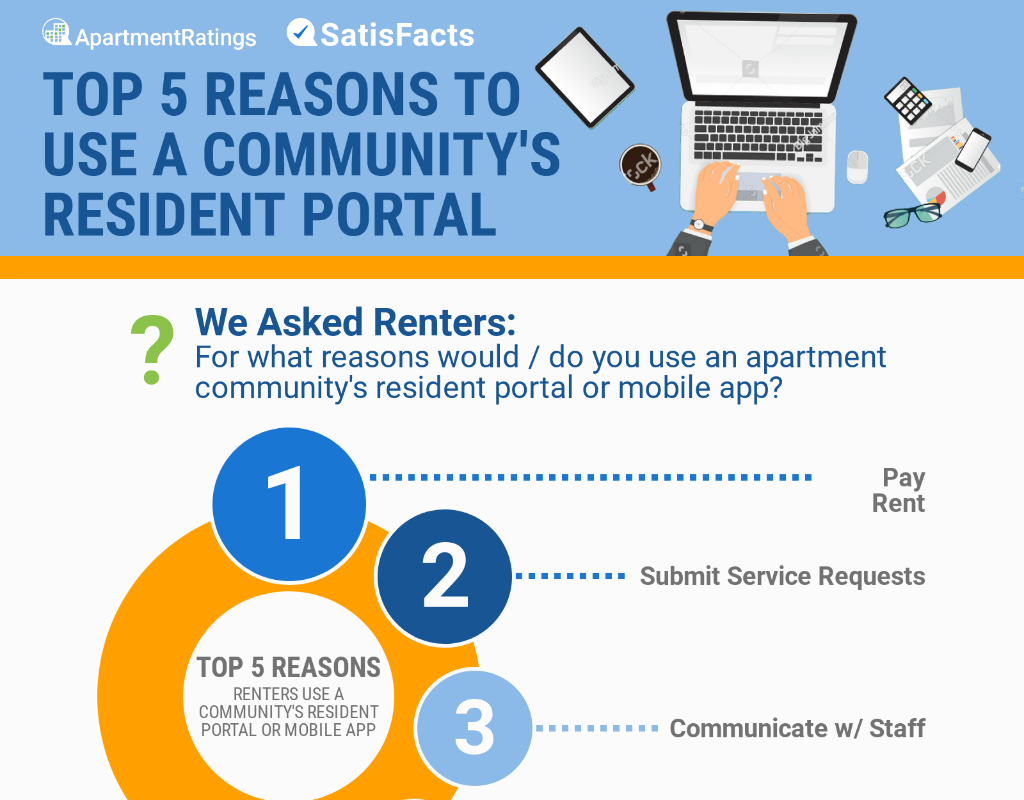
Main Types of Payment Methods in Community Resident Portals
Credit and Debit Card Payments
Credit and debit card payments are among the most popular methods for making payments through community resident portals. They offer quick transactions and instant confirmation.
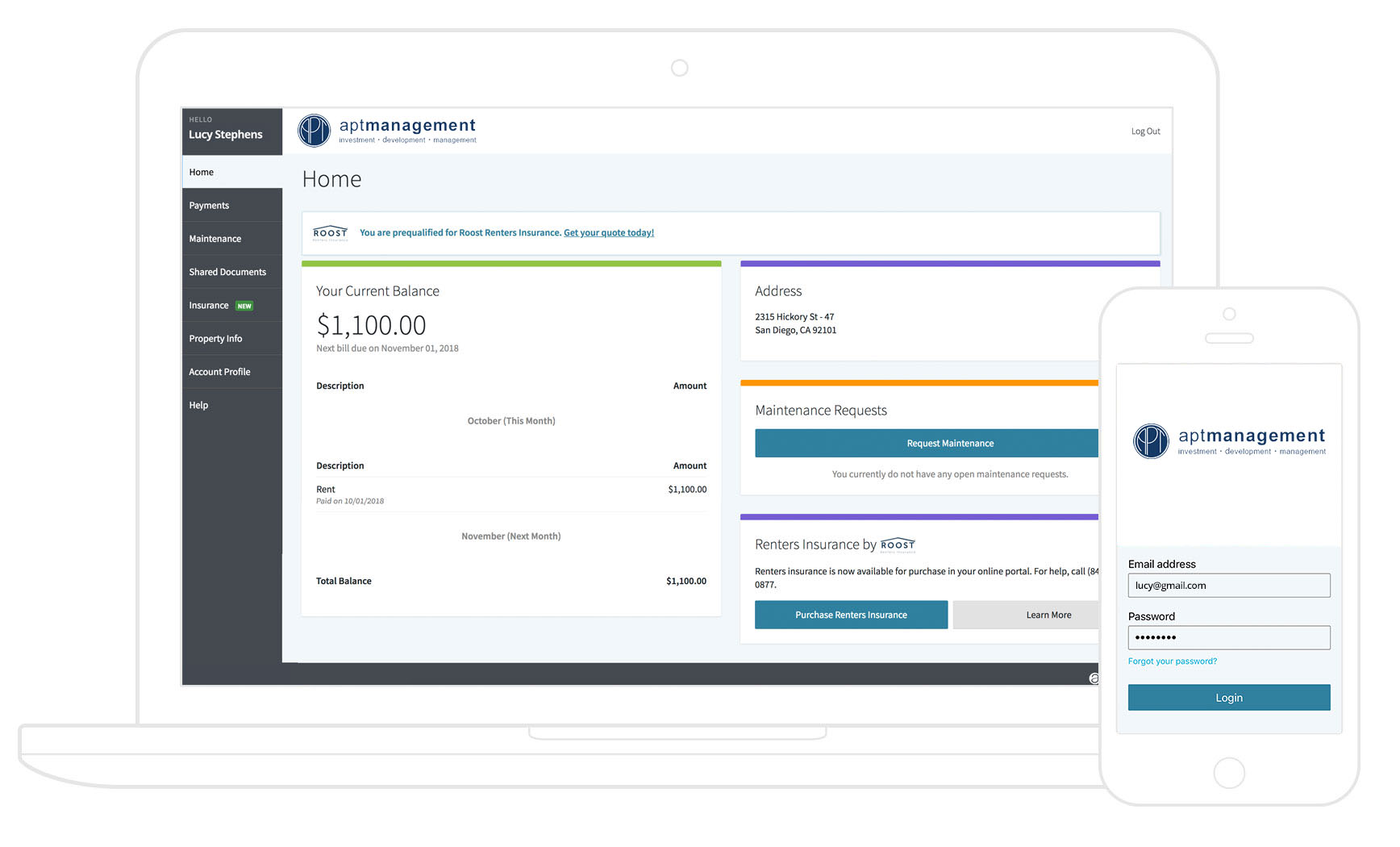
Pros:
- Instant processing
- Widely accepted
- Easy to use and set up
Cons:
- Possible transaction fees
- Risk of fraud if not secured properly
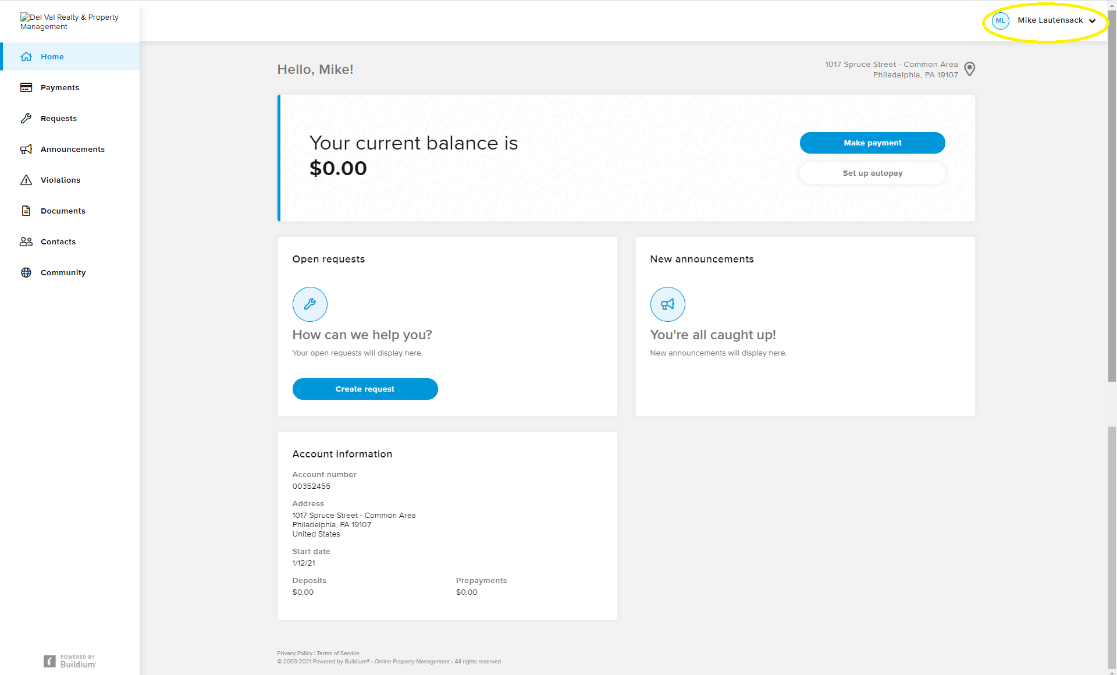
ACH Transfers
Automated Clearing House (ACH) transfers allow users to electronically transfer funds directly from one bank account to another. This method is often favored for its lower transaction fees.
Pros:
- Lower fees compared to credit cards
- Direct bank-to-bank transfers

Cons:
- Processing can take longer than credit card transactions
- Requires bank account information
Mobile Payment Solutions
With the increased usage of mobile devices, mobile payment solutions like Apple Pay and Google Wallet are becoming popular options.
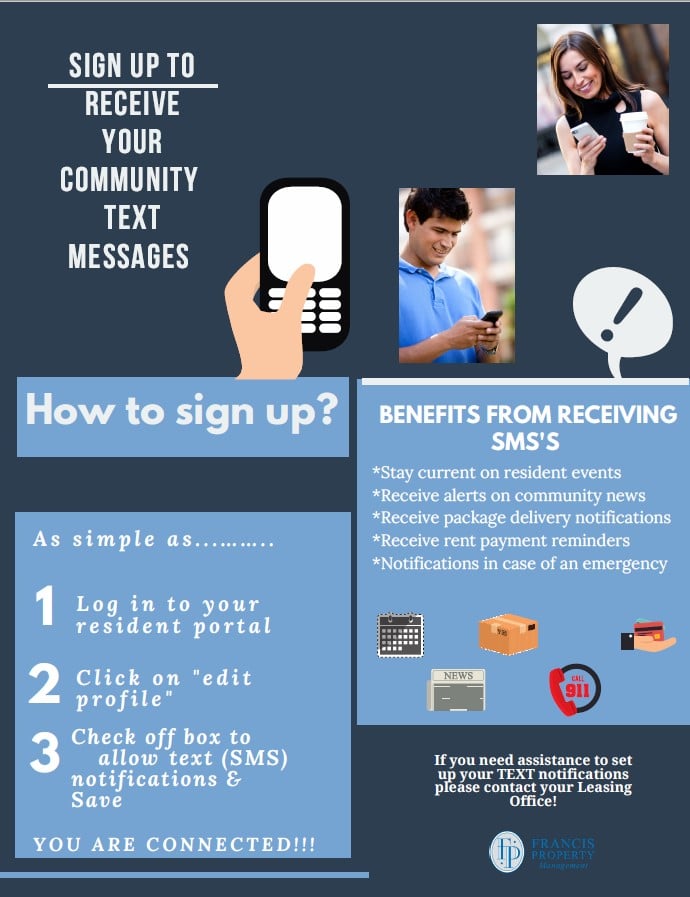
Pros:
- Convenience of mobile transactions
- High security with biometric authentication
Cons:
- Not all residents may have access to mobile payment options
- Dependent on smartphone compatibility
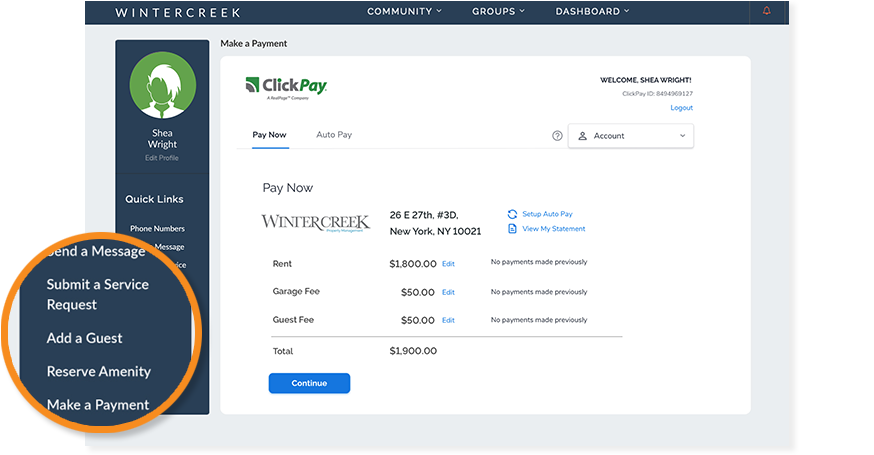
Comparison of Payment Platforms for Community Resident Portals
| Payment Platform | Transaction Fees | Speed of Processing | Security Features |
|---|---|---|---|
| PayPal | 2.9% + $0.30 | Instant | Two-factor authentication |
| Stripe | 2.9% + $0.30 | Instant | Data encryption |
| Square | 2.6% + $0.10 | Instant | End-to-end encryption |
| Apex | 1.5% per transaction | 1-3 business days | PCI-compliant security |
| Dwolla | 0.5% per transaction | 1-3 business days | Bank-level security |
How to Choose the Right Community Resident Portal Payment Solution
Selecting the right payment solution involves considering multiple factors, including:
- Transaction Fees: Assess how much each platform charges and its impact on your budget.
- Payment Speed: Determine how quickly residents need transactions to be processed.
- Usability: Ensure the interface is user-friendly for all residents.
- Security: Look for a platform with robust security features to protect resident information.
Best Practices for Implementing Community Resident Portal Payments
When integrating payment solutions into your community resident portal, consider the following best practices:
- Ensure the portal is mobile-friendly.
- Provide clear instructions for residents on using the payment system.
- Offer multiple payment options to accommodate different preferences.
- Regularly update the security protocols to safeguard transactions.
FAQs about Community Resident Portal Payments
What is a community resident portal payment?
A community resident portal payment is a digital method through which residents can pay fees related to their community, such as rent or maintenance charges, via an online portal.
What are the typical fees associated with resident portal payments?
Fees can vary significantly between platforms but typically include transaction fees ranging from 1.5% to 3.5% for credit card payments, while ACH transfers usually incur lower fees.
How secure is online payment through community resident portals?
Most reputable community resident portals implement advanced security measures like encryption, two-factor authentication, and compliance with industry standards to protect user data.
Can residents pay through mobile devices?
Yes, many community resident portals are optimized for mobile use and support various mobile payment options, ensuring convenience for residents on the go.
Local Experiences and Cultural Significance
In many communities across the USA, the transition to online payment methods has not only simplified the payment process but also enhanced community engagement. Residents, particularly in urban areas, appreciate the ease of utilizing technology to connect with their community management. For example, in cities like San Francisco and New York, community portals have become a staple, allowing residents to engage in local events, pay dues, and even voice concerns—all from the comfort of their homes.
Conclusion
Community resident portal payments are a vital aspect of modern community management. By providing efficient, secure, and user-friendly payment solutions, communities can greatly enhance resident satisfaction and engagement. Whether you’re a resident looking to simplify your payments or a community manager seeking to improve your services, understanding the various options available will help you make informed decisions. Use this guide as a resource to navigate the world of community resident portal payments.